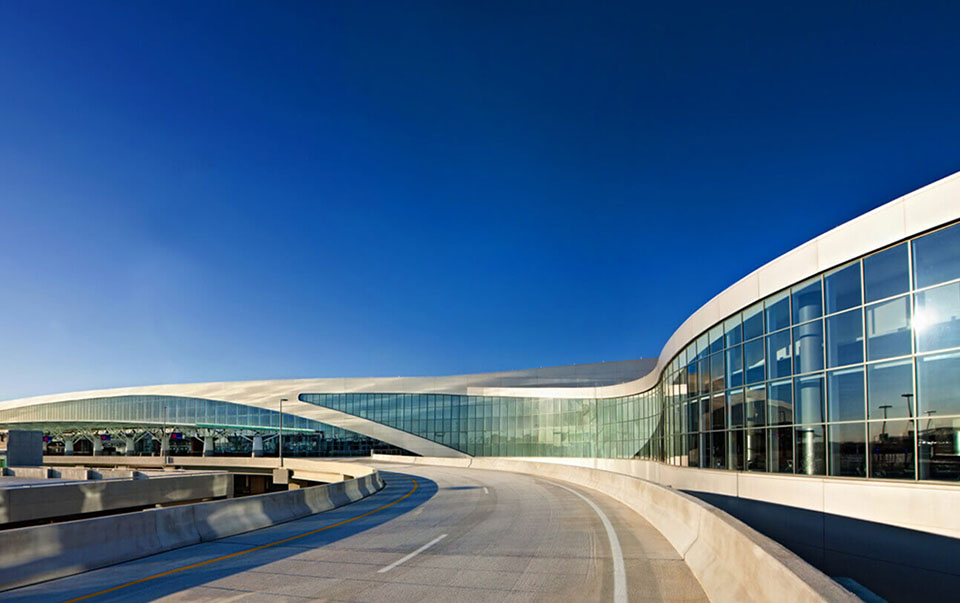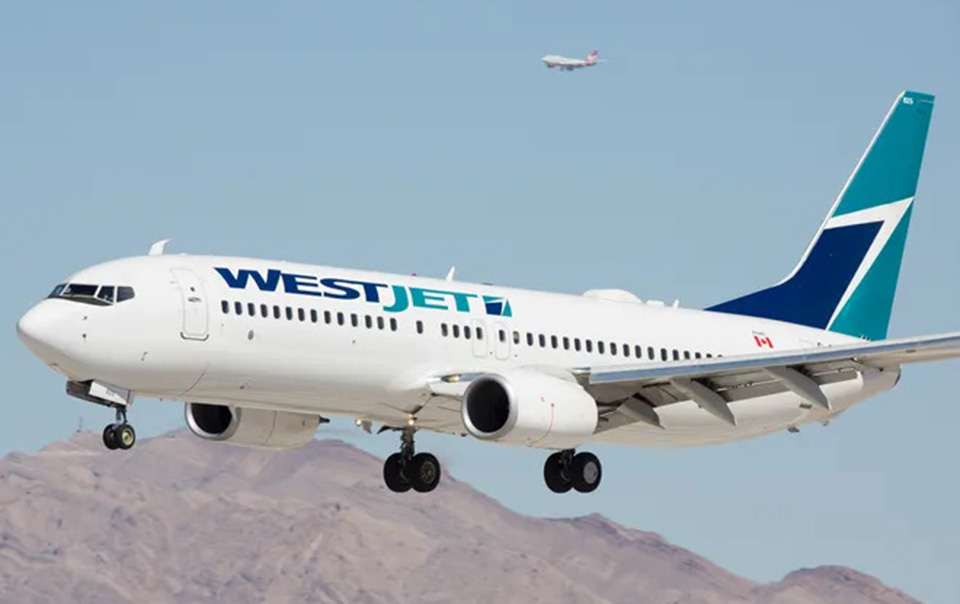Atlanta, the capital of Georgia, is a vibrant city with a rich history, thriving arts scene, and bustling airport that serves as a major gateway to the southeastern United States. Whether you are traveling for business, family vacations, or leisure, planning your flights to and from Atlanta carefully can make a significant difference in your overall travel experience. This guide will provide comprehensive advice on booking flights, choosing airlines, navigating Atlanta’s airport, and optimizing your travel schedule.
Understanding Atlanta’s Airport
Hartsfield-Jackson Atlanta International Airport (ATL) is one of the busiest airports in the world. Known for its efficiency and extensive connectivity, ATL offers numerous domestic and international flights. Its strategic location and multiple terminals make it an ideal hub for both direct and connecting flights.

For first-time visitors, it is important to familiarize yourself with the airport layout. ATL has two main terminals: the Domestic Terminal and the Maynard H. Jackson Jr. International Terminal. The Domestic Terminal is divided into Concourse T (Transportation Mall) and Concourses A through F, which serve various airlines. The international terminal, Concourse E, handles most international flights along with certain domestic carriers. Knowing which terminal your flight arrives at or departs from will help you plan transportation and connections more efficiently.
Direct Flights vs. Connecting Flights
One of the first decisions you will face is whether to book a direct flight or a connecting one. Direct flights are more convenient and reduce the risk of missed connections. Atlanta’s airport serves as a major hub for Delta Airlines, making it particularly easy to find nonstop flights from many cities in the United States. If your goal is to minimize travel time and simplify logistics, opting for a direct flight is often the best choice.
On the other hand, connecting flights can sometimes offer more flexibility and lower prices, especially if you are flying internationally or from smaller cities. When choosing a connecting flight, consider the layover time carefully. ATL’s efficient operations typically allow for shorter connections, but it is wise to allow at least 90 minutes between flights, especially if you need to change terminals or go through customs.
Airlines Serving Atlanta
Atlanta is served by a variety of airlines, offering options for both budget-conscious and premium travelers. Delta Airlines, headquartered in Atlanta, provides extensive domestic and international coverage. Other major U.S. carriers such as American Airlines, United Airlines, and Southwest Airlines also operate numerous flights to and from the city. For international travelers, carriers like Lufthansa, British Airways, Air France, and Korean Air provide direct and connecting options.
When selecting an airline, consider your priorities. For example, Delta often offers loyalty perks and smoother connections for those with frequent flyer status. Budget carriers may provide lower fares but can charge extra for luggage, seat selection, and onboard services. Evaluate your preferences carefully and read airline policies to avoid surprises at the airport.
Flight Timing and Schedules
Timing your flight can significantly affect both cost and convenience. Early morning flights often have fewer delays and allow you to maximize your first day in Atlanta. Evening flights can sometimes be less crowded and offer more affordable options. Additionally, midweek flights—Tuesdays and Wednesdays—tend to be cheaper than weekend departures. Advanced planning and flexibility with your schedule can help you secure better deals.
Booking Tips
Booking flights early is generally recommended, especially for peak travel periods and popular routes. Consider using flight comparison tools and airline alerts to track price fluctuations. Some travelers prefer booking directly through the airline to access better customer service and flexible change policies, while others use third-party platforms to compare multiple carriers and find the lowest fares. Combining both strategies—researching on comparison platforms and booking directly—can yield optimal results.
Preparing for Atlanta’s Airport
Airport Transportation
Atlanta’s airport is well-connected to the city via multiple transportation options. MARTA, the city’s rapid transit system, has a station inside the Domestic Terminal, providing convenient access to downtown Atlanta and surrounding areas. Ride-sharing services, taxis, and shuttles are readily available outside each terminal. If you plan to rent a car, ATL hosts several rental agencies within the airport, making pickup and drop-off simple.
Security and Boarding
ATL follows standard TSA procedures, so be sure to arrive at the airport with enough time to clear security. For domestic flights, arriving at least two hours before departure is recommended, while international flights generally require three hours. Enrollment in programs such as TSA PreCheck or Global Entry can streamline the security and customs process, especially if you are a frequent traveler.
Airport Amenities
ATL offers a wide range of amenities to make your travel experience more comfortable. From lounges and restaurants to free Wi-Fi and charging stations, there are plenty of ways to pass the time during layovers. Families traveling with children will appreciate the kid-friendly areas and play zones, while business travelers can take advantage of quiet workspaces.
Optimizing Your Travel Experience
Luggage Considerations
Before packing, check your airline’s luggage policy. Carry-on limits, checked baggage fees, and weight restrictions vary between airlines. For shorter trips, a well-organized carry-on can save time at check-in and baggage claim. Consider using packing cubes and luggage tags to keep your belongings organized and easily identifiable.
Connecting Travel
If you plan to explore the city or surrounding areas after your flight, think ahead about transportation from the airport. Downtown Atlanta is about a 20-minute drive from ATL, depending on traffic. Hotel shuttles, ride-sharing, and public transit provide convenient options. For travelers renting a car, note that parking availability and hotel locations can influence your choice of accommodations.
Weather Preparedness
Atlanta’s climate can vary significantly throughout the year. While it generally enjoys mild winters, temperatures can fluctuate, and occasional precipitation may occur. Packing layers and checking the forecast ahead of time ensures comfort and preparedness, especially if your itinerary includes outdoor attractions or walking tours.

Common Flight Challenges
Even with careful planning, travel can sometimes be unpredictable. Common issues include flight delays, cancellations, and long security lines. Keeping a flexible itinerary and having backup options can reduce stress. Some airlines offer rebooking assistance and compensation for delayed flights, so familiarize yourself with airline policies before departure.
For international travelers, customs and immigration procedures may also affect your schedule. Ensure all travel documents, such as passports and visas, are valid and accessible. Having copies of important documents and digital backups can save time in case of emergencies.
Cost-Saving Strategies
Atlanta’s status as a major hub often translates into competitive flight prices. To maximize savings, consider the following strategies:
- Book in advance: Early bookings typically offer lower fares.
- Be flexible with airports: If feasible, check flights to nearby airports such as DeKalb-Peachtree Airport for alternative options.
- Use fare alerts: Many travel websites allow you to set alerts for price drops.
- Combine airlines: Multi-carrier itineraries can sometimes reduce costs.
- Travel light: Avoid extra fees by limiting checked luggage.
- Leverage loyalty programs: Frequent flyer miles and credit card points can significantly lower ticket prices.
Planning for Return Flights
Your return journey is equally important. Consider flight timing relative to your last day’s activities. Early morning departures allow more evening sightseeing before leaving, while evening flights give flexibility for a relaxed departure. If you have connecting flights, factor in layover times to prevent rushed transfers.
It is also wise to check for last-minute fare adjustments or travel disruptions. Weather conditions, airline scheduling changes, and peak travel periods can influence your return trip, so maintaining updated information is crucial.
Special Considerations for Business Travelers
For those traveling to Atlanta for work, flight planning requires additional attention. Coordinating flight schedules with meetings, conferences, or events ensures maximum efficiency. Booking flexible tickets can allow for changes in business plans, while premium cabin options provide rest and workspace during long flights. Many business travelers also prioritize airport lounges and amenities for productivity during layovers.
Family Travel Tips
Traveling with children introduces unique challenges. Choose flights with convenient departure and arrival times to minimize disruptions to children’s routines. Early boarding, pre-boarding with infants, and selecting seats together can improve comfort. Additionally, bring entertainment, snacks, and essential items in carry-on bags to ensure a smooth journey.
Planning flights to and from Atlanta requires thoughtful consideration of multiple factors: airline choice, flight timing, airport logistics, luggage policies, and traveler priorities. By understanding ATL’s layout, evaluating direct and connecting options, and preparing for both domestic and international requirements, travelers can significantly enhance their overall experience.
From securing the best fares to navigating airport amenities and optimizing schedules, careful planning makes every aspect of your trip more enjoyable. Whether you are visiting for business, family vacations, or leisure, the right flight strategy ensures that your Atlanta adventure starts and ends smoothly.
With a well-organized approach, your journey to Atlanta can be efficient, comfortable, and stress-free, allowing you to focus on exploring the city’s culture, attractions, and unique charm.




